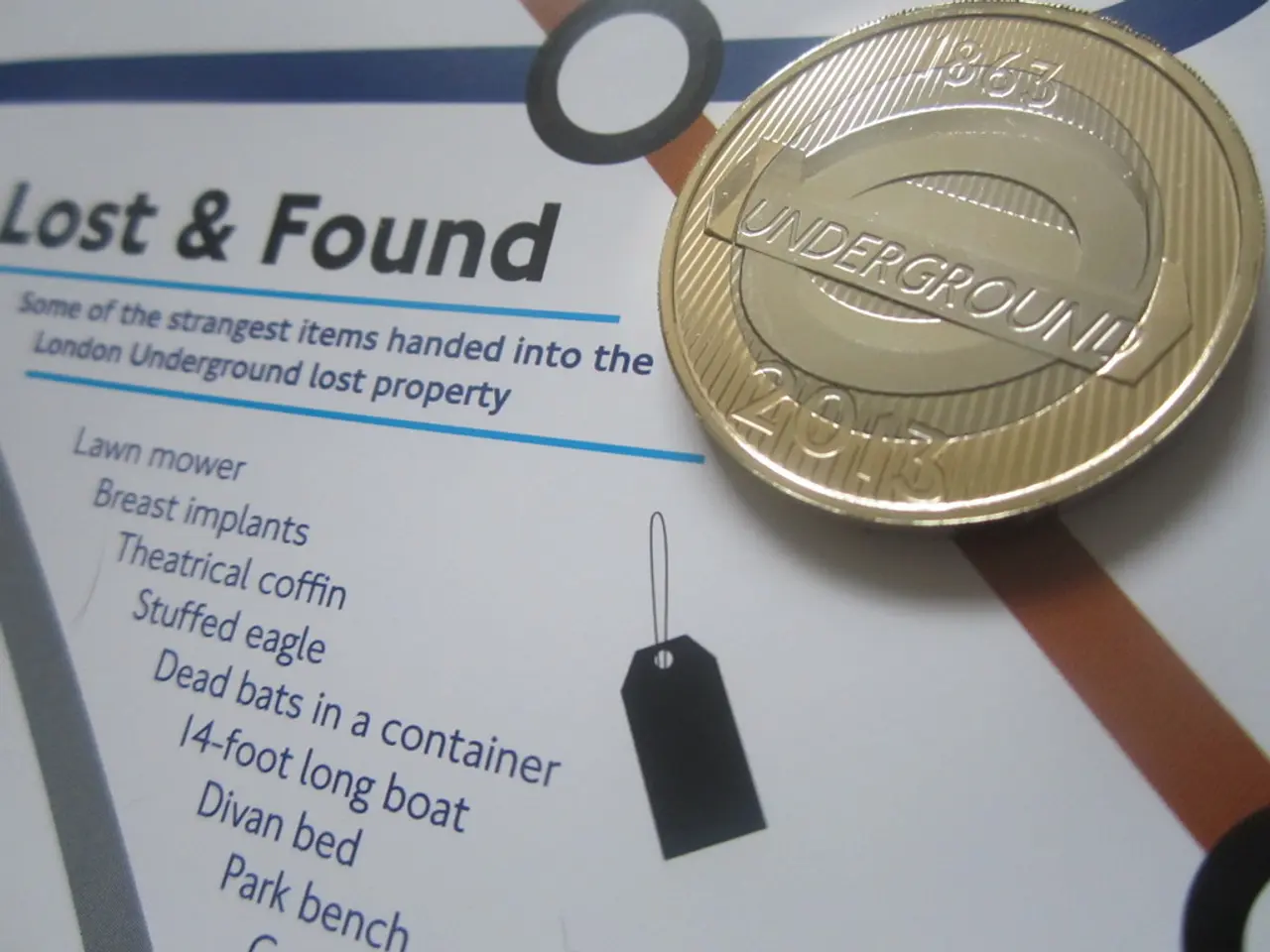South Africa's Reserve Bank to Release Regulatory Guidelines in 2025, Targeting Business Operations of CASPs, According to Finance Minister
South Africa's cryptocurrency sector has been navigating a path of regulatory uncertainty for some time now. This journey, marked by several key events, is finally moving towards a more defined landscape.
In October 2022, South Africa made history as the first African nation to classify crypto assets as financial products, with the Financial Sector Conduct Authority (FSCA) making the announcement under the Financial Advisory and Intermediary Services (FAIS) Act. This classification paved the way for a more structured approach to regulating crypto assets in the country.
However, the lack of clarity on asset classification and exchange controls remains a significant concern. In May 2023, a Pretoria High Court ruled that exchange control rules in South Africa do not apply to cryptocurrencies, calling for urgent reform. The ruling effectively exempted crypto assets from South African exchange controls until new regulations are introduced.
In June 2023, the Intergovernmental Fintech Working Group (IFWG) published a key position paper outlining recommendations for bringing crypto assets into South Africa's regulatory framework. The paper identified three main risk areas: money laundering and terrorist financing, consumer protection and market conduct, and circumvention of exchange controls.
The South African Reserve Bank (SARB) followed suit in June 2025, filing an appeal to overturn the decision that crypto assets are not considered "money" or "capital" in the context of exchange controls. The SARB is expected to publish regulations in 2025 specifically governing cross-border transfers of crypto-assets, which would likely include rules concerning value externalization and repatriation for crypto security service providers in South Africa.
Meanwhile, the focus now shifts to whether the National Treasury will adopt a more accommodating stance in future updates to the country's exchange control regime. Finance Minister Enoch Godongwana has confirmed no plans to introduce a broad cryptocurrency exchange control exemption framework. However, he clarified that the National Treasury does not intend to introduce a comprehensive "cryptocurrency exchange control exemption framework."
Local stakeholders have expressed concerns that regulatory uncertainty regarding Bitcoin may cause South Africa to fall behind other countries in the crypto sector. Luno, a digital asset exchange, emphasized that a proper onshore classification of digital currencies "would, at no cost to the fiscus," encourage reinvestment and strengthen tax revenue.
Interestingly, neighbouring Namibia has already taken steps towards crypto regulation. The Namibian Parliament reportedly passed legislation to set up a body to regulate cryptocurrencies.
As the regulatory landscape for cryptocurrencies in South Africa continues to evolve, it is clear that the journey towards clarity is far from over. The upcoming SARB framework for crypto asset service providers, along with potential updates to the exchange control regime, will play a crucial role in shaping the future of the crypto sector in the country.
Read also:
- Peptide YY (PYY): Exploring its Role in Appetite Suppression, Intestinal Health, and Cognitive Links
- Toddler Health: Rotavirus Signs, Origins, and Potential Complications
- Digestive issues and heart discomfort: Root causes and associated health conditions
- House Infernos: Deadly Hazards Surpassing the Flames








